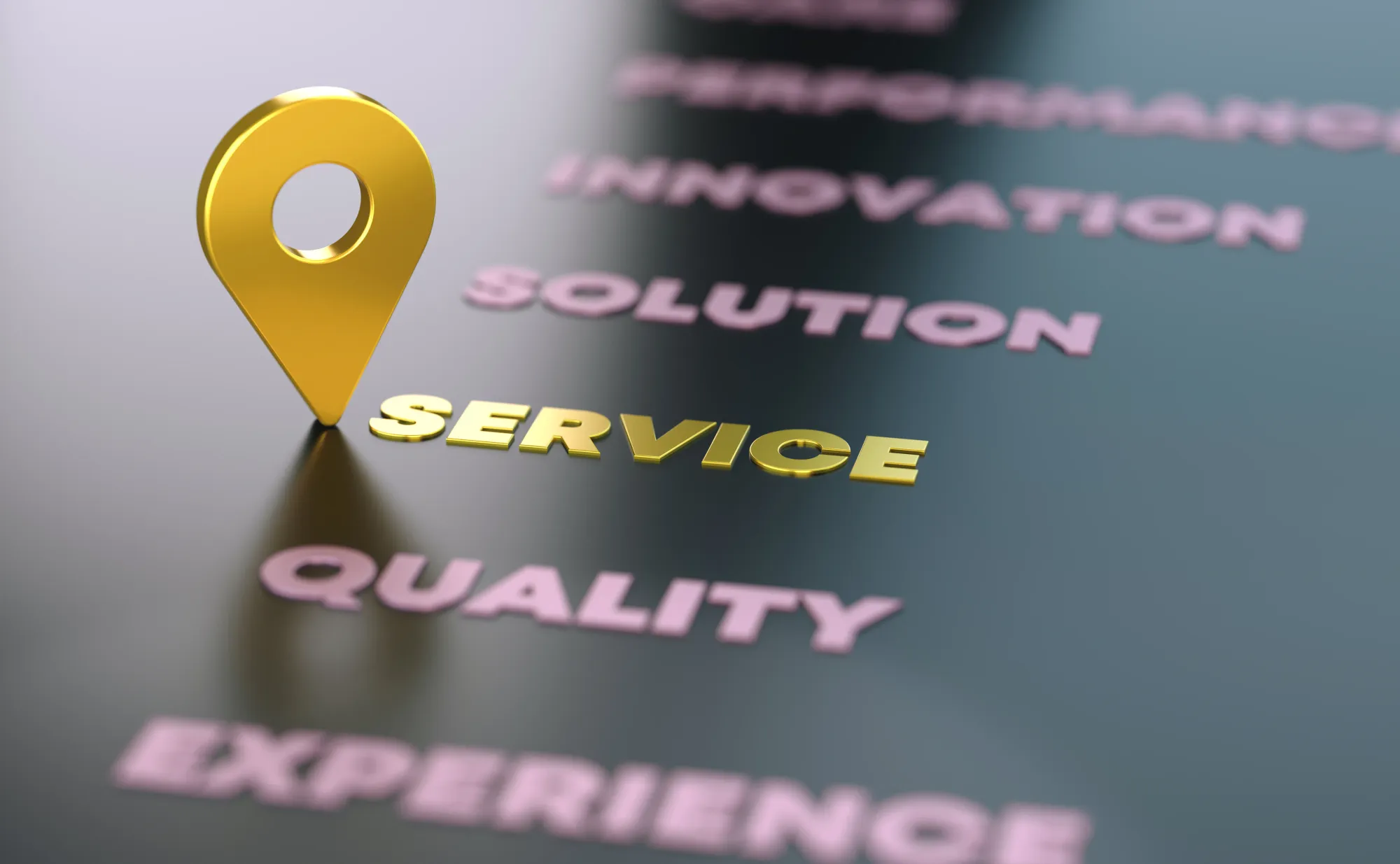In today’s competitive business landscape, exceptional customer service can be the distinguishing factor between companies. Mastering customer service skills is crucial for organizations striving to provide unforgettable experiences that ensure customer loyalty and satisfaction. By focusing on communication, empathy, technical knowledge, and problem-solving, businesses can equip their teams to foster meaningful interactions with clients.
Effective Communication
Active Listening
One of the building blocks of excellent customer service is active listening. This skill involves paying full attention to the customer, understanding their concerns, and responding appropriately. It requires patience and practice, but effective active listening can lead to more accurate solutions and increased customer trust.
Clarity and Conciseness
Clear and concise communication eliminates misunderstandings. Customer service representatives must articulate their messages in a straightforward manner, avoiding technical jargon unless necessary. This approach not only resolves issues more efficiently but also enhances the customer's perception of the company’s professionalism.

Developing Empathy
Understanding Customer Perspectives
Empathy in customer service is the ability to understand and share the feelings of others. By viewing situations from the customer’s perspective, service teams can tailor their responses to address the emotional and practical needs of clients, which helps build rapport and trust.
Building Emotional Connections
Creating personal, emotional connections with customers can lead to memorable experiences. Expressing genuine concern for a customer's issue and demonstrating a willingness to help can turn potential negative incidents into opportunities to impress and delight.
Technical Expertise and Product Knowledge
A thorough understanding of the products or services being offered is essential for customer service professionals. Knowledgeable representatives can provide more accurate answers, troubleshoot effectively, and instill confidence in customers. Regular training sessions and updates on product developments are necessary to maintain this expertise.
Problem-Solving Skills
Solving customer issues effectively requires a strategic approach. By analyzing problems critically, considering possible solutions, and implementing the best course of action, service teams can resolve complaints efficiently. Encouraging staff to think creatively and autonomously can lead to faster and more satisfying outcomes for customers.
Continual Improvement and Feedback
Seeking Feedback
Input from customers is invaluable for refining service strategies. By collecting feedback through surveys or direct interactions, companies can identify areas for improvement. Positive changes based on customer opinions can greatly enhance service quality.
Investing in Training
Regularly updating customer service skills through workshops and training sessions keeps teams sharp and ready to handle new challenges. Equipping staff with the latest tools and techniques fosters a culture of excellence and continuous improvement.
FAQs
What are the most important customer service skills ?
Key customer service skills include active listening, effective communication, empathy, technical expertise, and problem-solving abilities. Mastering these skills can enhance customer experiences significantly.
How can empathy improve customer service ?
Empathy allows service representatives to understand the customer's feelings and perspectives, leading to more personalized and effective solutions, which can enhance emotional connections and customer satisfaction.
Why is technical knowledge important in customer service ?
Having in-depth technical knowledge enables representatives to provide accurate information, address customer inquiries effectively, and instill confidence, all of which contribute to a more successful service interaction.
How can companies ensure continual improvement in customer service ?
Companies can ensure continual improvement by regularly seeking customer feedback, investing in comprehensive training programs, and adapting to new technologies and methods to meet evolving customer needs.
What role does feedback play in customer service enhancement ?
Feedback helps companies understand their strengths and weaknesses, allowing them to make necessary changes to improve service delivery and exceed customer expectations over time.








